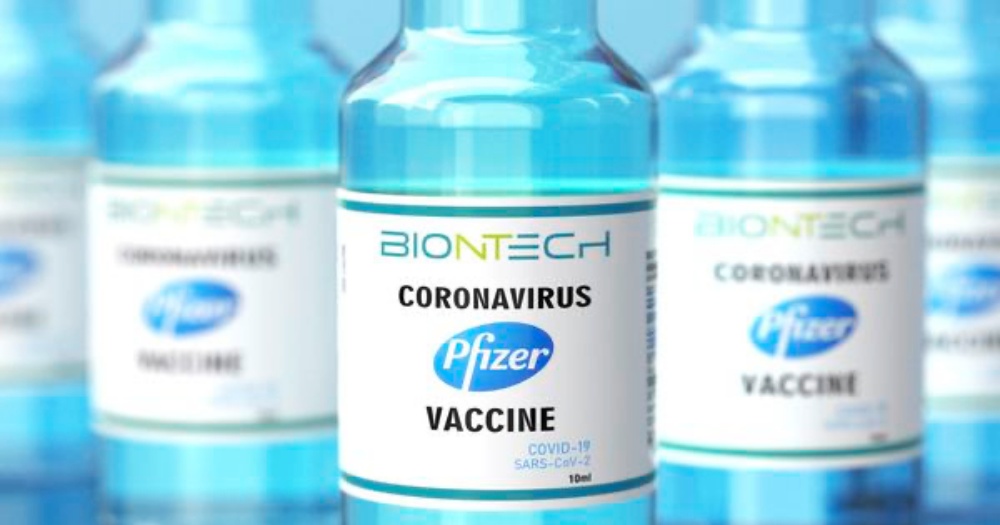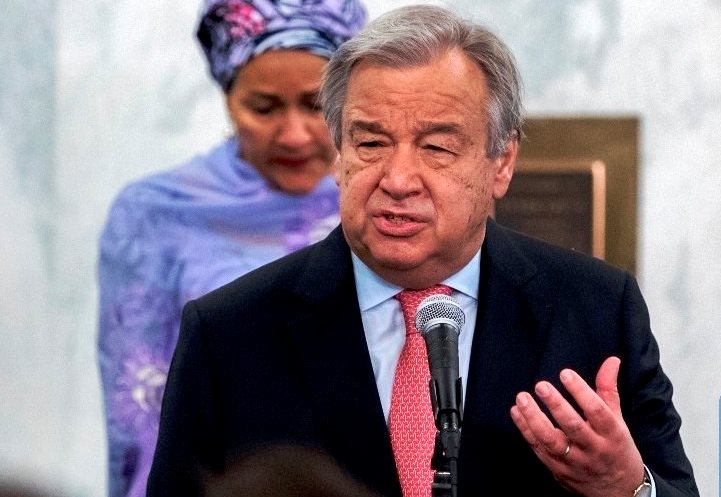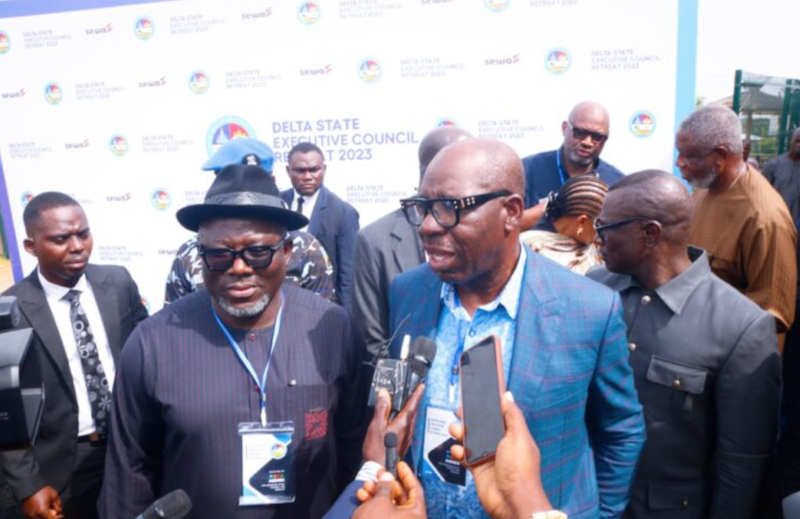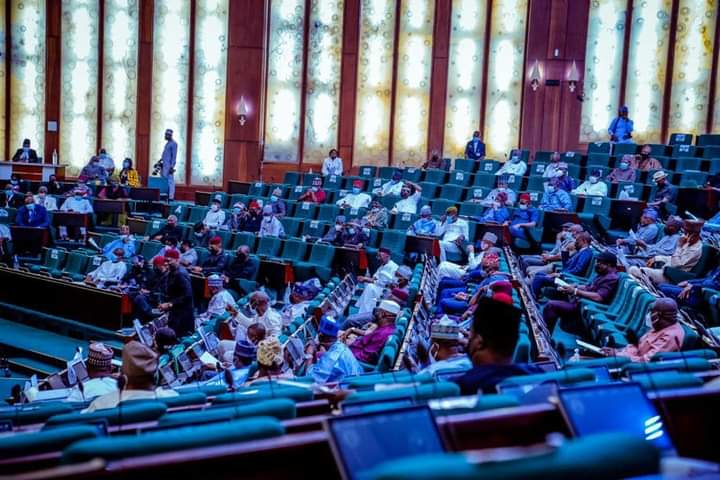The Federal Ministry of Health has entered into trouble with the House of Representatives Committee on Public Account probing utilisation of COVID-19 funds.
TheNewsGuru.com (TNG) reports the committee has asked the Federal Ministry of Health to refund the sum of N10 billion to government coffers.
According to the committee, the amount which was earmarked for COVID-19 vaccine production is yet to be utilised by the health ministry.
The Reps committee made the disclosure at a public hearing on COVID-19 funds on Thursday in Abuja, where the committee also asked the Ministry of Trade and Investment to refund N75 billion COVID-19 intervention fund to the coffers of the government.
The Reps committee asked the Ministry of Trade and Investment to refund N75 billion COVID-19 intervention fund in resolution at the public hearing.
The resolution was sequel to the adoption of a motion by Rep. Bassey Akiba (LP-Cross River) at the public hearing.
Moving the motion, Akiba said that the committee had written to the ministry three times to appear and account for the funds but they had failed to reply.
“The Federal Ministry of Industry, Trade and Investment, have been given the opportunity to appear and explain the usage and application of the sum of N75 billion and up and up till now, they have refused to appear.
“It, therefore, means that the Federal Ministry of Industry, Trade and Investment does not have any explanation as to how this money was used.
“On this basis, I move using the relevant section of the financial regulations, that this ministry be asked to refund the sum of N75 billion to the government,” he said.
In his ruling, Chairman of the committee, Rep. Bamidele Salam (PDP-Osun) said that the activities of the committee are backed by the Constitution, Standing Rules of the House and other relevant laws.
He explained that the motion affects all the Permanent Secretaries that served in the ministry since 2019.
The committee gave a 24-hour ultimatum to the Nigerian Rural Electrification Agency to submit documents to back its expenditure of over N12 billion COVID-19 intervention funds.
The committee said that the agency should also appear before the committee on Monday, Jan. 22, to give a proper account of the expenses made.








